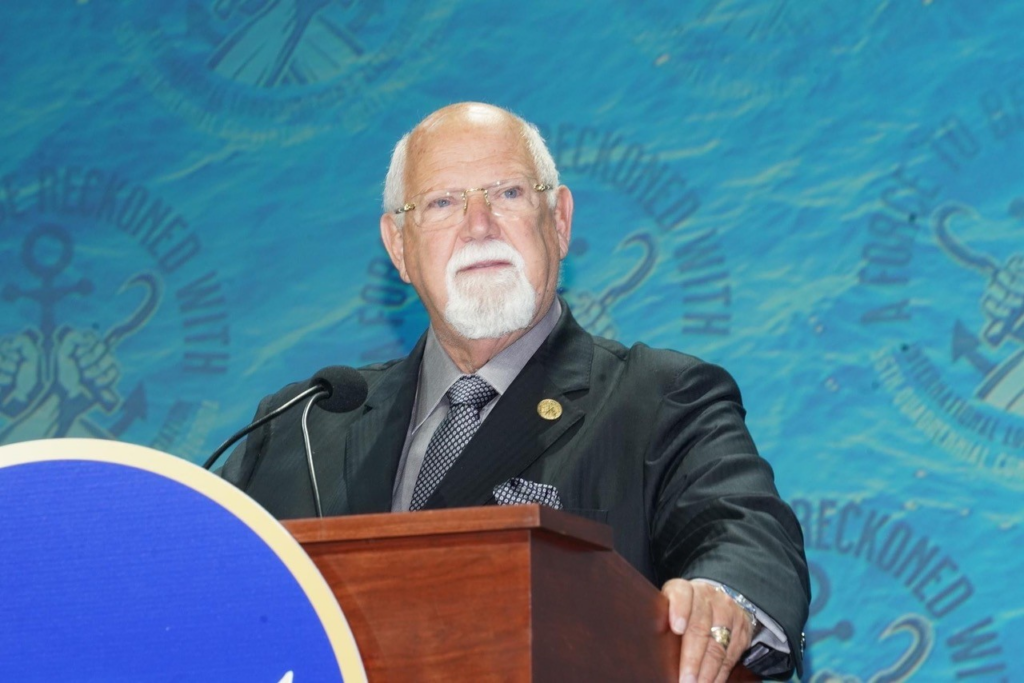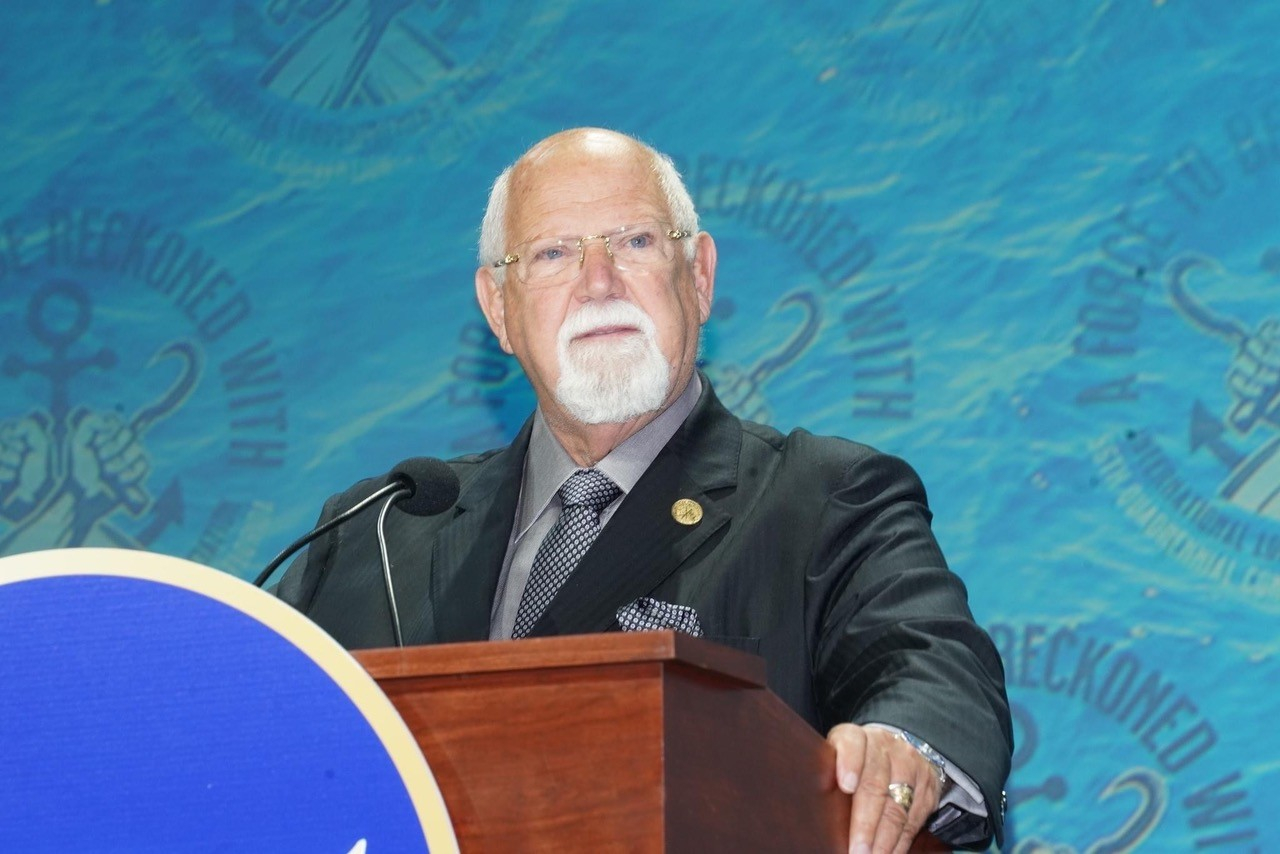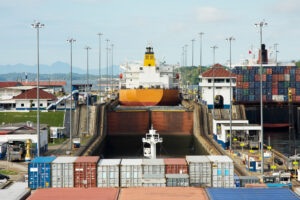
Tens of thousands of ILA rank-and-file members began setting up picket lines at waterfront facilities up and down the Atlantic and Gulf Coasts after the decision of the International Longshoremen’s Association to shut down all ports from Maine to Texas at 12:01 am on October 1. Dockworkers at major ports began walking off the job Tuesday, a stoppage expected to drag on the world’s largest economy.
The International Longshoremen’s Association (ILA) said the walkout by its workers marks the first “ILA coast wide strike in almost 50 years,” after it rejected a final proposal made on Monday from the United States Maritime Alliance (USMX).
The union said USMX’s supposed wage increase offer fell far short of the demands of ILA rank-and-file members for them to ratify a new contract.
“We are prepared to fight as long as necessary, to stay out on strike for whatever period of time it takes, to get the wages and protections against automation our ILA members deserve,” said president Harold Daggett, the leader of the 85,000-member ILA union.
“USMX owns this strike now,” Daggett added. “They now must meet our demands for this strike to end.”
The USMX however said late Monday that it was “hopeful” after the two sides traded counter offers related to wages.
“In the last 24 hours, the USMX and ILA have traded counter offers related to wages,” it said, adding that the “offer would increase wages by nearly 50 percent, triple employer contributions to employee retirement plans, strengthen health care options, and retain the current language around automation and semi-automation.”
While the economic hit of the stoppage will depend on its length, analysts said a long strike could significantly drag on the US economy.
A lengthy strike could also pose political challenges.
The dispute is worrying businesses that rely on ocean shipping to secure crucial imports.
The container giant Maersk warns that it will have impacts on supply chains, leading to delays in cargo movement, increased costs, and logistical challenges for businesses relying on U.S. East Coast and Gulf ports.
Longer labor dispute durations may exacerbate disruptions, affecting import and export activities, container availability, and overall operational efficiency.
“We acknowledge this situation’s challenges and assure you that we are diligently working to plan and address potential disruptions proactively,” Maersk noted in an update advisory to its customers yesterday.
Media reports say White House officials during a discussion with reporters on Sunday, said “no” when asked if it is planned to intervene in the work stoppage.
Meanwhile, the union has been clear that it will “continue to honor its century-plus pledge to handle all military cargo.” It also emphasized the fact that it will continue to work passenger cruise vessels at all ILA ports, to not inconvenience the tens of thousands of Americans who have booked trips in advance.
“We understand that many families plan and pay for cruises vacations on passenger ships more than a year out, and we don’t want them to be disappointed or inconvenienced in any way,” said president Daggett. “For almost three years during the worst of the pandemic, the cruise ship industry was shut down, and our ILA rank-and-file members handling passenger cruise vessels lost a lot of manhours.”



